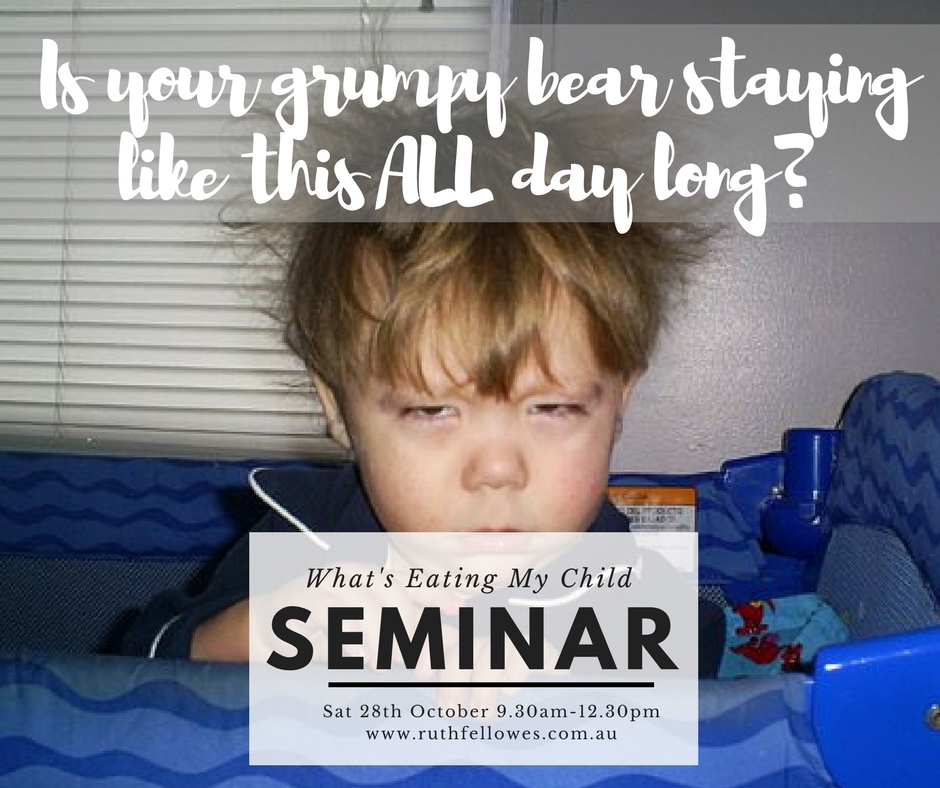Getting the family to sleep.
Getting a good night’s sleep is important to our physical and mental health. There is a reason why we joke about sleep deprivation being a form of torture! Not getting enough sleep can lead to poor concentration, memory, behavioral problems and can also lead to unwanted weight gain. No body wants any of that. We want to enjoy life, not fumble our way through it.
Improving sleep habits or sleep hygiene can be a great start in getting a good nights sleep. Sleep hygiene can be obtained by having a few routines or by avoiding certain things before bedtime to help your body settle into rest.
- Limit daytime napping, although a short 30-minute nap through the day can aid in mood and alertness.
- Avoid stimulants such as coffee, dark chocolate and alcohol close to bedtime
- Regular exercise can promote a good nights sleep
- Avoid disruptive foods before bed (fatty or fried, spicy foods, carbonated drinks)
- Establish a relaxing routine before bedtime. Include a bath, reading a book or stretching exercises before bedtime.
- Make the room pleasant. Make sure your bed and pillow is comfortable, temperature is cool and screens off (TV, laptop, mobile phone).
The thing is, having all that lovely sleep routine might go out the window if your child is having sleep issues as well. If your child doesn’t sleep, you don’t sleep. Simple.
If you are having trouble with sleep there could be more going on that you realise…. Ruth is hosting a seminar this year aimed at parents of unhappy children (with a special focus on those with a diagnosis), health professionals involved with the care of children, childcare workers, teachers and anyone else who wants to understand more about what we eat and what we do with it afterwards, will affect the way our children feel, behave and learn.
CLICK the below photo to find out more…
But before then here are some tips to help you through…
Implementing the same routines mentioned above will obviously help your child as well, but sometimes what we are eating or what we aren’t eating enough of could be the difference between sleep… and insanity.
Ensuring your child’s blood sugar level is balanced is important. Having an excess amount of sugar in the blood can stimulate your child, and stimulate restlessness leading to sleep issues. On the flip side, too low of a blood sugar level can cause the body to release the hormone cortisol. One of cortisol’s jobs is to release stored blood sugar, giving us energy. If that happens during the night or in the very-early-hours-of-the-morning, then you have disturbed sleep because the cortisol has given you energy to wake up. Or you might wake up hungry because the blood sugar has dropped and you’re being prodded awake to go find food for energy. To keep blood sugar levels from fluctuating, replace high sugar or high G.I foods such as white bread, white rice or sugary snacks with low G.I foods such as brown or whole meal bread, brown rice, and nuts and seeds for the evening meal.
Good hormone balance is also a key ingredient in creating a good night’s sleep. Melatonin is the main hormone that is required in getting us to sleep and is created by another hormone, serotonin. Serotonin controls our moods and helps create feelings of well-being and relaxation. In order to create these hormones our bodies need the amino acid tryptophan found in some protein rich foods. Including foods such as lean chicken and turkey, fish, dairy, some nuts and seeds including pumpkin and sesame seeds will boost tryptophan which may be enough to drift you or your little one to sleep.
Getting enough of the mineral magnesium is also vital in sleep quality. Magnesium is well known as the relaxation mineral, but it is involved in hundreds of other functions as well. It’s role with sleep quality is to help control our cortisol levels along with helping our muscles relax. Magnesium can be found in most fruits and vegetables, along with beans and legumes, brown bread, cashews and sunflower seeds. Oh and cacao, the main ingredient of chocolate!!! But remember a little chocolate goes a long way…
A well balanced diet combined with sleep hygiene tips are the basics in getting you and your children on the way to a well rested night. Look out for the next article where we get more in depth on chemical disrupters to sleep.






